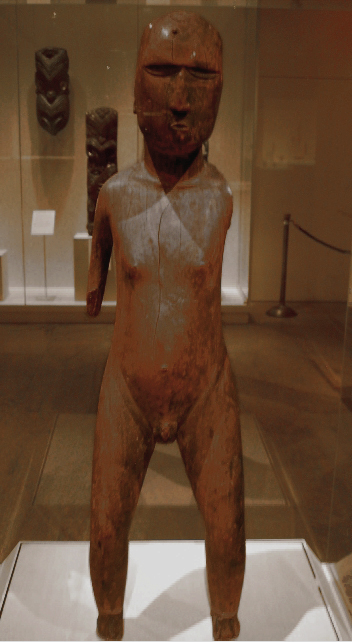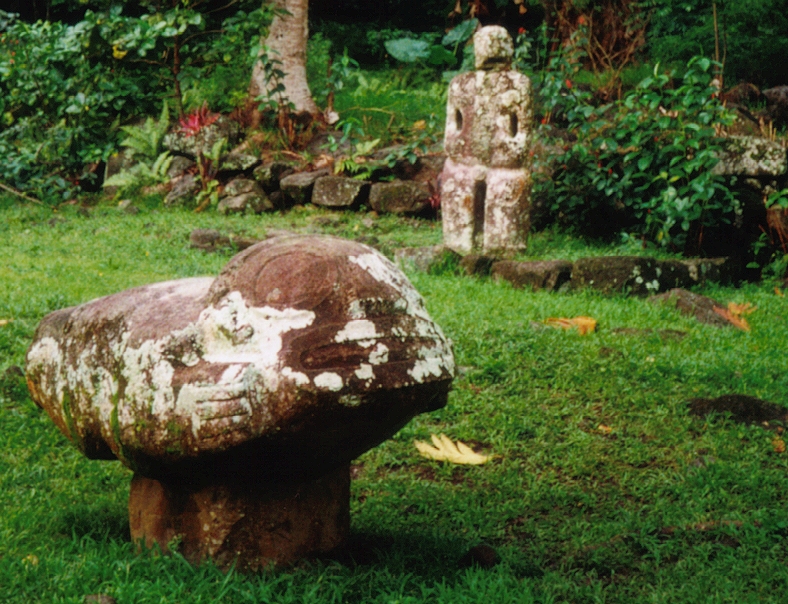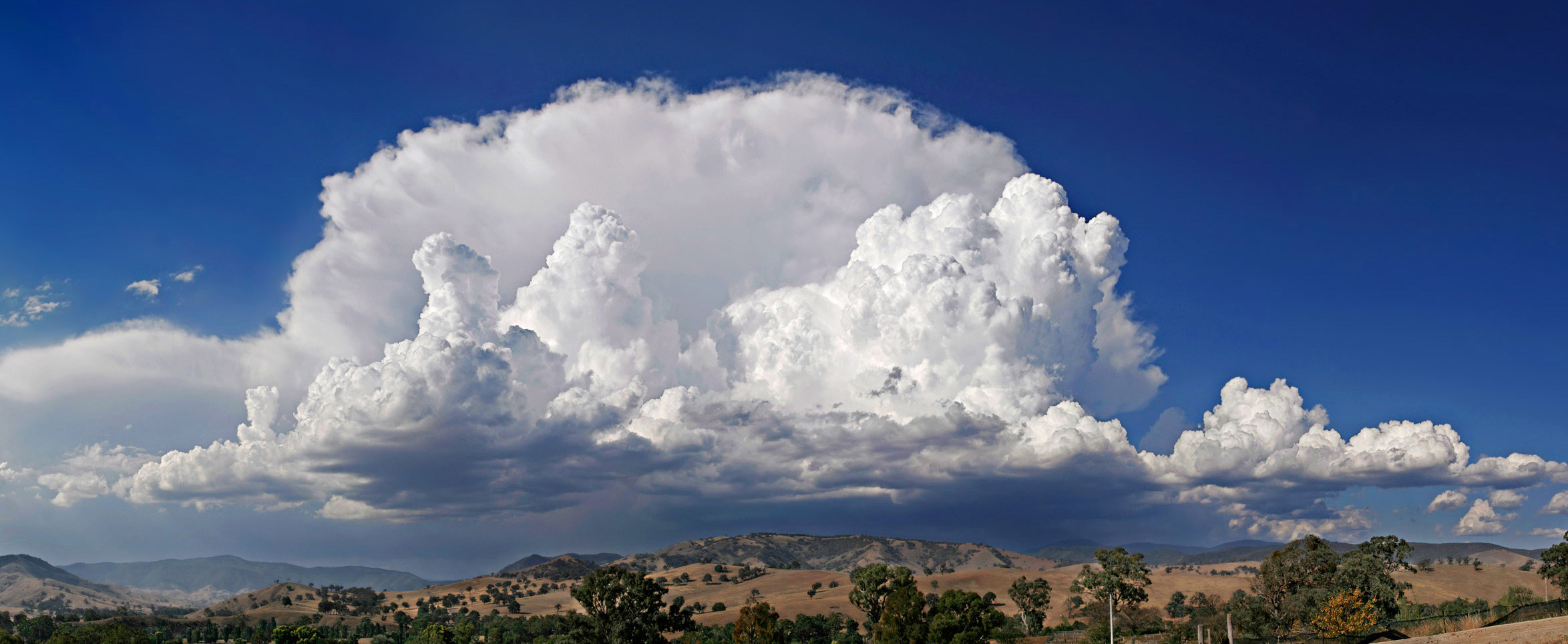|
Tairi
In the mythology of Mangareva (French Polynesia), Tairi (Ta'iri) is the god of thunder Thunder is the sound caused by lightning. Depending upon the distance from and nature of the lightning, it can range from a long, low rumble to a sudden, loud crack. The sudden increase in temperature and hence pressure caused by the lightning pr .... References *R.D. Craig, ''Dictionary of Polynesian Mythology'' (Greenwood Press: New York, 1989), 253; *A.C. Caillot, ''Mythes, légendes et traditions des Polynésiens'' (E. Laroux: Paris, 1914), 154. Mangarevan mythology Polynesian deities {{oceania-myth-stub ... [...More Info...] [...Related Items...] OR: [Wikipedia] [Google] [Baidu] |
Mangarevan Mythology
Mangarevan narrative (or Mangarevan mythology) comprises the legends, historical tales, and sayings of the ancient Mangarevan people. It is considered a variant of a more general Polynesian narrative, developing its own unique character for several centuries before the 1830s. The religion was officially suppressed in the 19th century, and ultimately abandoned by the natives in favor of Roman Catholicism. The Mangarevan term for god was ''Etua''. Prominent figures and terms in Mangarevan narrative * Tu, principal god ** Atu-motua ** Atu-moana ** Atea-Tangaroa * Maui, among the principal gods * Tagaroa, among the principal gods * Tangaroa-Hurupapa, probably synonymous with Tagaroa * Oro, among the principal gods * Tairi * Mamaru * Ari * Rogo, rain deity * Toa-miru, goddess of childbirth * Hina, a savage goddess * Raka, god of the winds * Huruamanu and Paparigakura mentioned as kindly gods living at Hapai * Rao and Tupo were gods of turmeric * Toa-hakanorenore, goddess incarnate ... [...More Info...] [...Related Items...] OR: [Wikipedia] [Google] [Baidu] |
Polynesian Mythology
The Polynesian narrative or Polynesian mythology encompasses the oral traditions of the people of Polynesia (a grouping of Central and South Pacific Ocean island archipelagos in the Polynesian Triangle) together with those of the scattered cultures known as the Polynesian outliers. Polynesians speak languages that descend from a language reconstructed as Proto-Polynesian - probably spoken in the Tonga - Samoa area around 1000 BC. Description Prior to the 15th century AD, Polynesian peoples fanned out to the east, to the Cook Islands, and from there to other groups such as Tahiti and the Marquesas. Their descendants later discovered the islands from Tahiti to Rapa Nui, and later Hawai‘i and New Zealand. The latest research puts the settlement of New Zealand at about 1300 AD. The various Polynesian languages are all part of the Austronesian language family. Many are close enough in terms of vocabulary and grammar to permit communication between some other language speakers. ... [...More Info...] [...Related Items...] OR: [Wikipedia] [Google] [Baidu] |
Mangareva
Mangareva is the central and largest island of the Gambier Islands in French Polynesia. It is surrounded by smaller islands: Taravai in the southwest, Aukena and Akamaru in the southeast, and islands in the north. Mangareva has a permanent population of 1,239 (2012) and the largest village on the island, Rikitea, is the chief town of the Gambier Islands. The island is approximately long and, at , it comprises about 56% of the land area of the whole Gambier group. Mangareva has a high central ridge which runs the length of the island. The highest point in the Gambiers is Mount Duff, on Mangareva, rising to along the island's south coast. The island has a large lagoon in diameter containing reefs whose fish and shellfish helped ancient islanders survive much more successfully than on nearby islands with no reefs. History Mangareva was first settled by Polynesians in the first millennium CE. While carbon dating has so far only dated settlements to 1160-1220, there is evidence ... [...More Info...] [...Related Items...] OR: [Wikipedia] [Google] [Baidu] |
French Polynesia
)Territorial motto: ( en, "Great Tahiti of the Golden Haze") , anthem = , song_type = Regional anthem , song = " Ia Ora 'O Tahiti Nui" , image_map = French Polynesia on the globe (French Polynesia centered).svg , map_alt = Location of French Polynesia , map_caption = Location of French Polynesia (circled in red) , mapsize = 290px , subdivision_type = Sovereign state , subdivision_name = , established_title = Protectorate proclaimed , established_date = 9 September 1842 , established_title2 = Territorial status , established_date2 = 27 October 1946 , established_title3 = Collectivity status , established_date3 = 28 March 2003 , established_title4 = Country status (nominal title) , established_date4 = 27 February 2004 , official_languages = French , regional_languages = , capital = Papeete , coordinates = , largest_city = Fa'a'ā , demonym = French Polynesian , ethnic_groups = 66.5% unmixed Polynesians7.1% mixed Polynesians9.3% Demis1 ... [...More Info...] [...Related Items...] OR: [Wikipedia] [Google] [Baidu] |
Thunder
Thunder is the sound caused by lightning. Depending upon the distance from and nature of the lightning, it can range from a long, low rumble to a sudden, loud crack. The sudden increase in temperature and hence pressure caused by the lightning produces rapid expansion of the air in the path of a lightning bolt. In turn, this expansion of air creates a sonic shock wave, often referred to as a "thunderclap" or "peal of thunder". The scientific study of thunder is known as ''brontology'' and the irrational fear (phobia) of thunder is called ''brontophobia''. Etymology The ''d'' in Modern English ''thunder'' (from earlier Old English ''þunor'') is epenthetic, and is now found as well in Modern Dutch ''donder'' (cf. Middle Dutch ''donre''; also Old Norse ''þorr'', Old Frisian ''þuner'', Old High German ''donar'', all ultimately descended from Proto-Germanic *''þunraz''). In Latin the term was ''tonare'' "to thunder". The name of the Nordic god Thor comes from the Old Norse ... [...More Info...] [...Related Items...] OR: [Wikipedia] [Google] [Baidu] |



